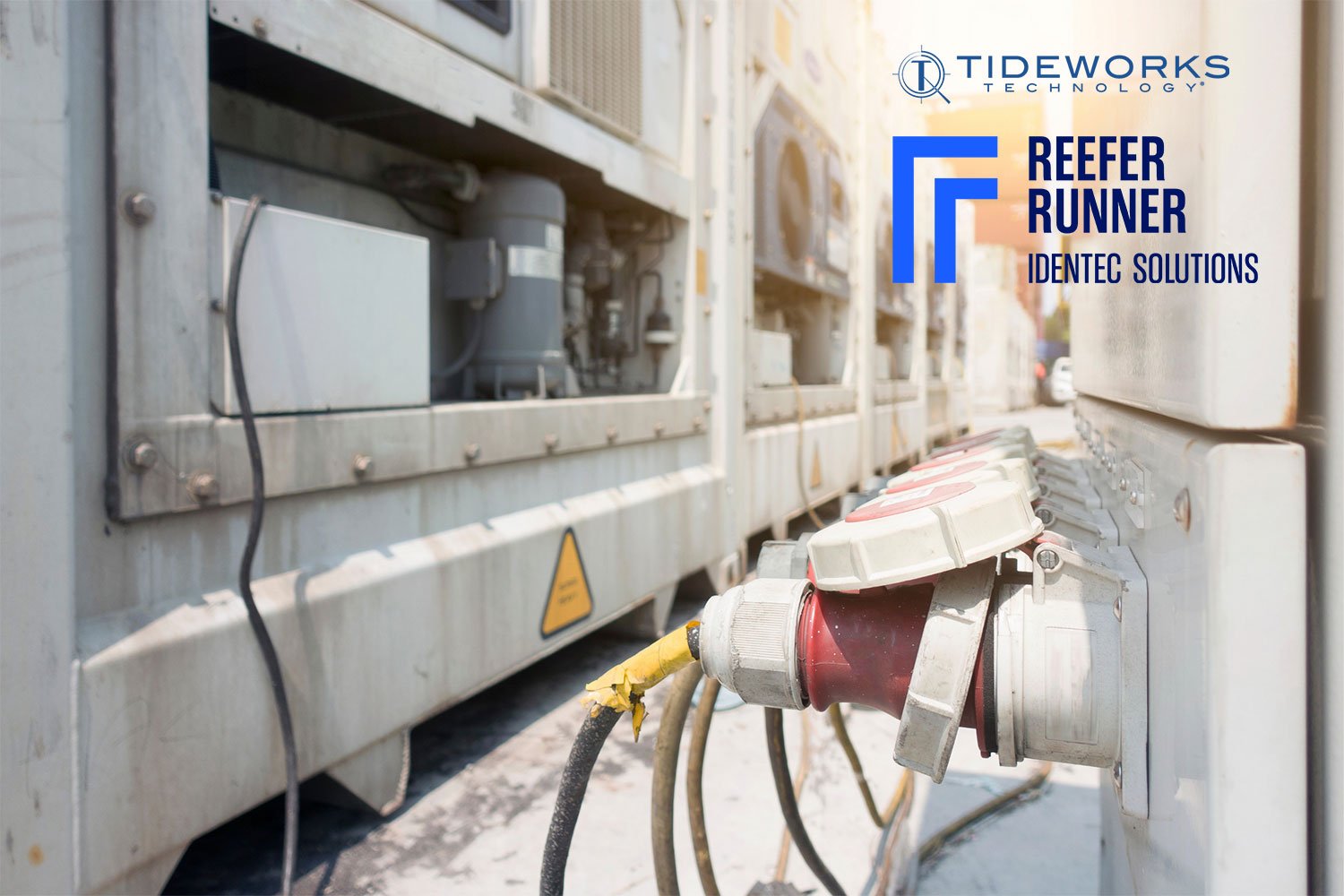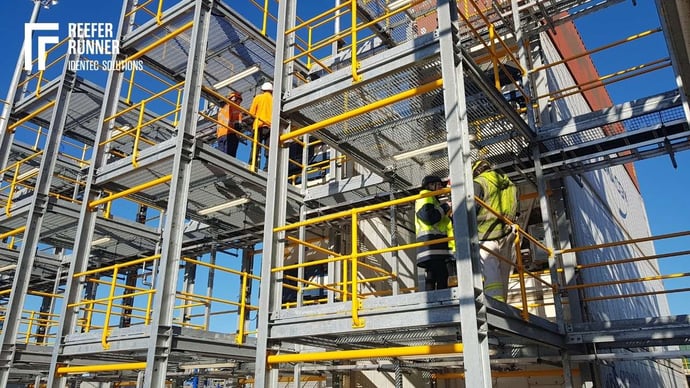Tideworks and reefer runner are talking
| Written by Joel Reyes
Reefer Runner can now interface and share information with Tidework’s MainSail

No video selected
Select a video type in the sidebar.
Identec Solutions' Reefer Runner and Tideworks Technology flagship, TOS MainSail, have been successfully integrated. Following the requirements of terminal operators in different parts of the world, Identec Solutions developed an interface between Reefer Runner and MainSail TOS, according to Tideworks technical specifications.
Tideworks is a full-service provider of comprehensive terminal operating system solutions worldwide for marine and intermodal terminal operations. The company helps more than 120 facilities run their operations more efficiently and profitably.
Tideworks, headquartered in Seattle, Washington, was launched in 1999 following 40 years of experience as the technology division for Carrix, Inc., which now operates more cargo terminals than any other company globally. (1)
Reefer Runner can now interface and share information with Tidework’s MainSail to create and execute connection / disconnection work orders, automate the monitoring of reefers, and track the container status from the moment that comes into the terminal to the moment that is gated out or loaded on a vessel. It's an automated remote reefer monitoring system.
Jordi Asensio, Product Manager Reefer Runner: "This is a significant step forward for our customers. All Container Terminal operators that use MainSail can now easily benefit from this development and connect without effort the Reefer Runner management system to their TOS, providing complete visibility of their reefer fleet in real-time."
Do you want to learn more about Reefer Runner, a reefer management system?

How can operations be HarmonisEd Through Reefer Integration?
Integrating a reefer container monitoring solution into your TOS is critical to optimising operational efficiency. When both systems work seamlessly together, you get real-time visibility into the status of containers, allowing for proactive management.
This connection also streamlines data processing. Key metrics such as temperature logs, energy usage and maintenance schedules are automatically recorded and stored in the TOS, making it easier to comply with regulatory requirements. This reduces paperwork, ensures data accuracy and saves time during audits or inspections.
All of this leads to improved decision-making by providing operators with a unified platform to monitor all terminal operations, including reefer container activity. This holistic view supports better resource allocation, from container placement to energy management, leading to improved terminal productivity and sustainability.
As demand for perishable goods continues to rise globally, terminals that can manage and monitor their reefer containers effectively and efficiently will have a critical competitive advantage. The integration of the solutions ensures optimal cargo care, operational flexibility and long-term cost savings. It also helps to meet both customer expectations and climate targets.
Delve deeper into one of our core topics: Reefer Monitoring
Glossary
Data processing refers to the collection, analysis, and management of vast amounts of information generated during terminal operations. This includes tracking container movements, managing vessel schedules, coordinating equipment usage, and monitoring cargo status. Advanced Terminal Operating Systems (TOS) use real-time data processing to optimise terminal efficiency, improve decision-making, and enhance overall performance. This involves integrating data from various sources such as gate operations, yard management, and vessel loading/unloading activities. Effective data processing enables terminals to streamline workflows, reduce turnaround times, and provide accurate information to stakeholders, ultimately improving operational efficiency and customer service. (2)
Work orders are formal requests or instructions for specific tasks or services related to container handling, maintenance, or repair. They are typically generated through a digital system and detail the required operations, such as loading, unloading, storage, or equipment maintenance. Work orders help streamline terminal operations by providing clear directives to staff, allocating resources efficiently, and tracking job progress. They often include information like container details, location, required equipment, and timeframes. Work orders are crucial for coordinating activities between different terminal departments, ensuring the timely execution of tasks, and maintaining accurate records for billing and performance analysis. (3)
References:
(1) https://tideworks.com/about-us/
(2) Dong-Wook Song and Photis Panayides (2021): Maritime Logistics: A Guide to Contemporary Shipping and Port Management. Kogan Page.
(3) Khalid Bichou (2013): Port Operations, Planning and Logistics. Informa Law from Routledge.
Note: This article was updated on the 25th of March 2025

Author
Joel Reyes, Head of Professional Services Americas
Joel Reyes holds a master's degree in information systems. He spent most of his professional career as a project manager and senior consultant, all in the maritime industry. His passion is automation while reducing the intervention of human errors. Working smarter and not harder is his forte.“
Related Articles
Related Product



